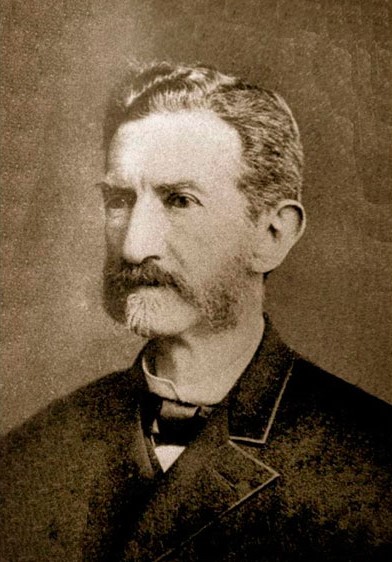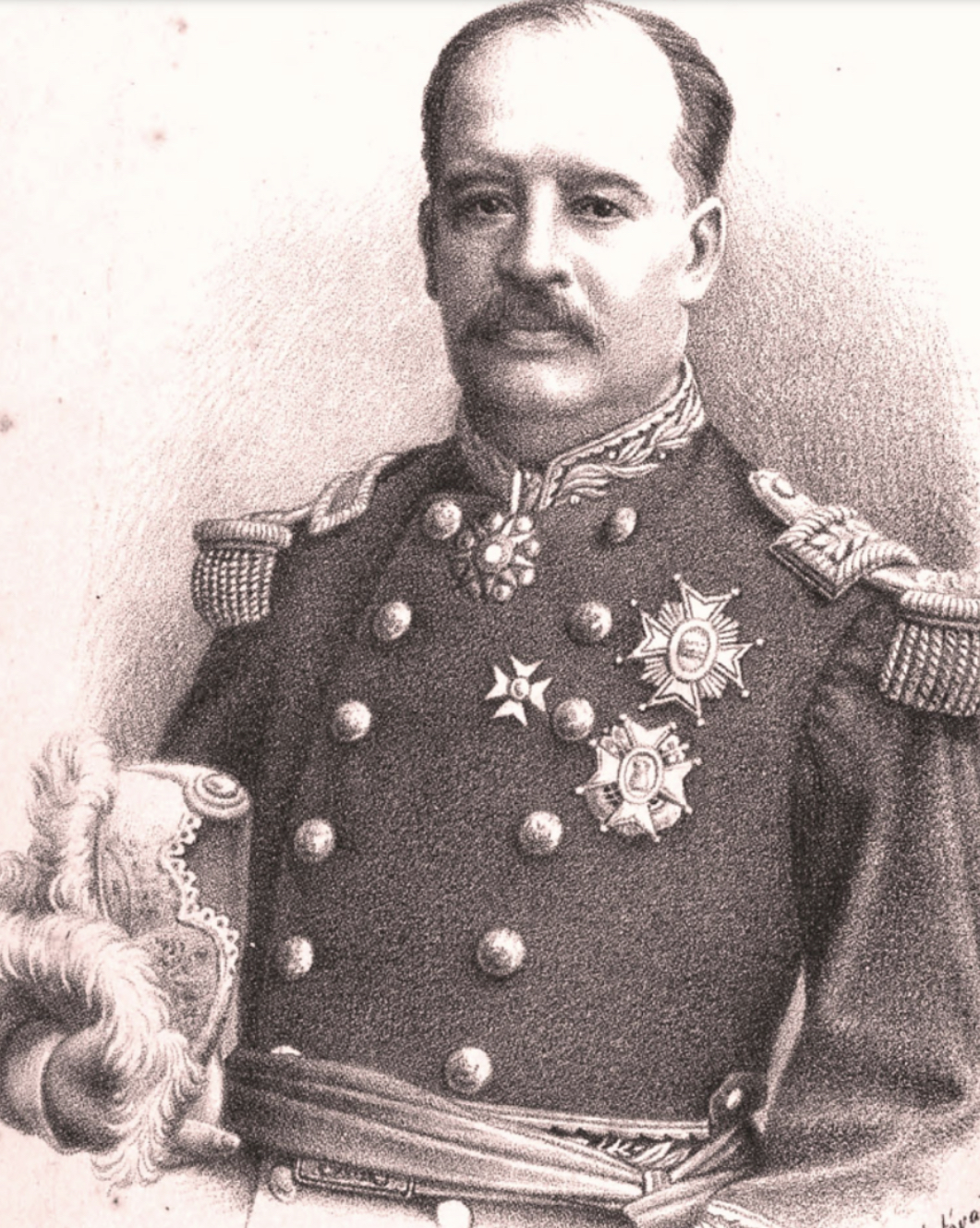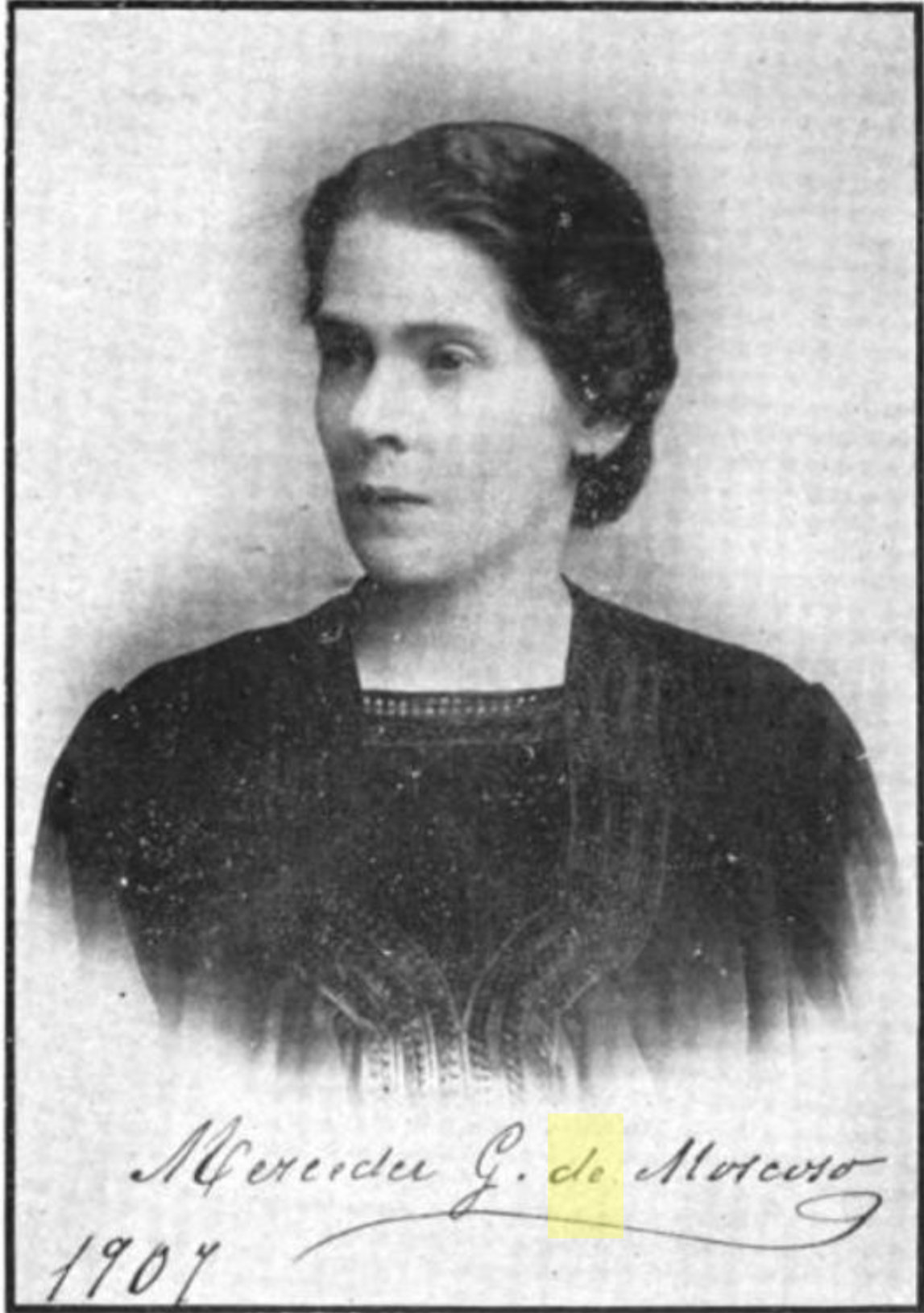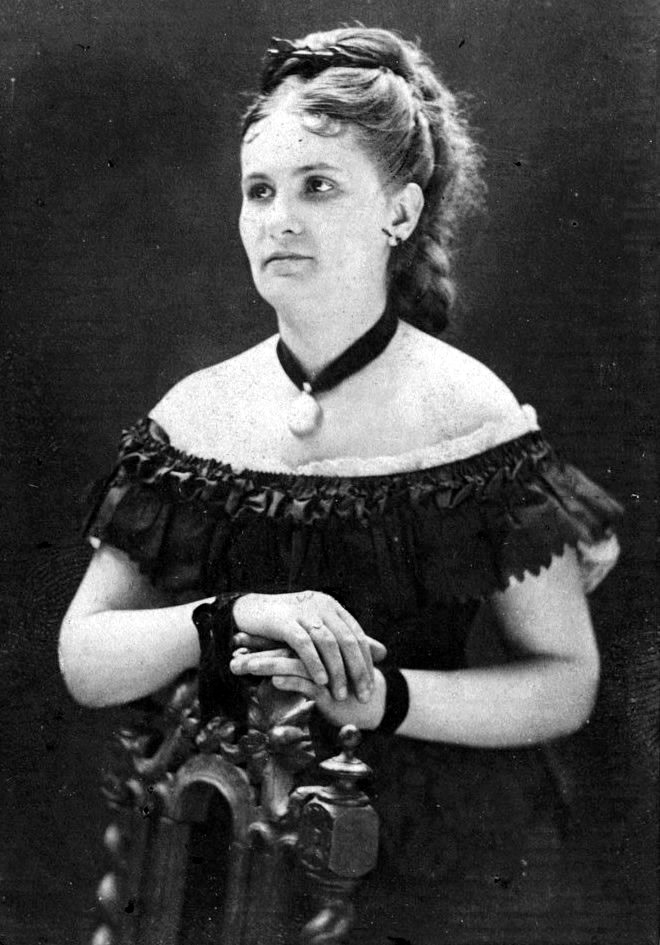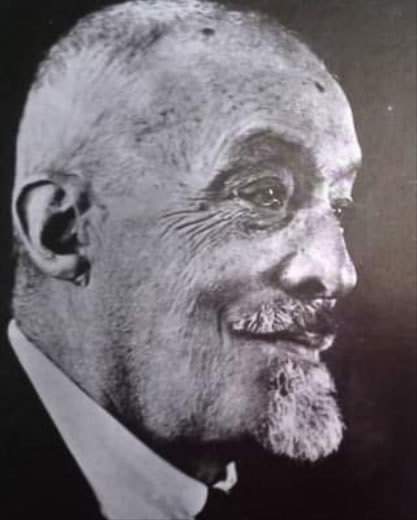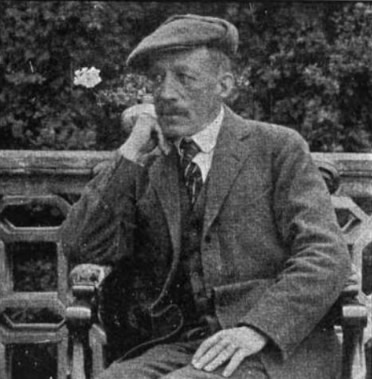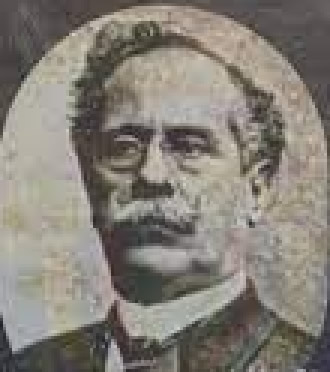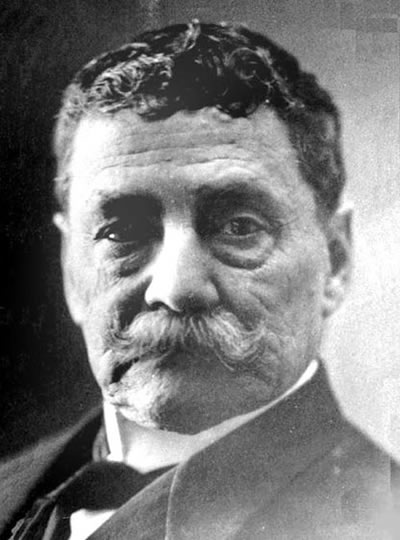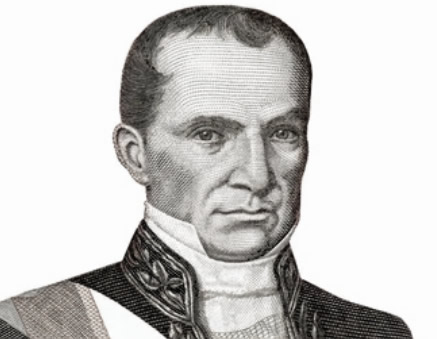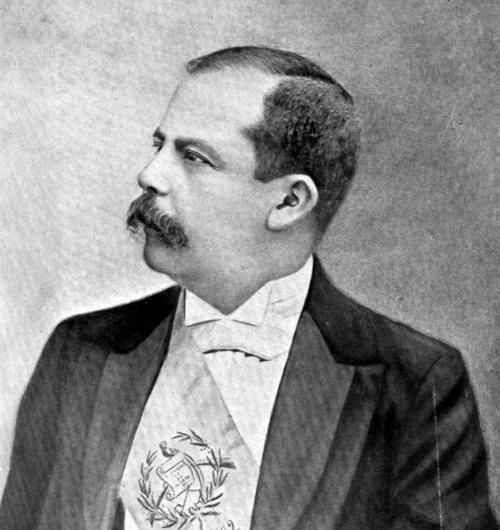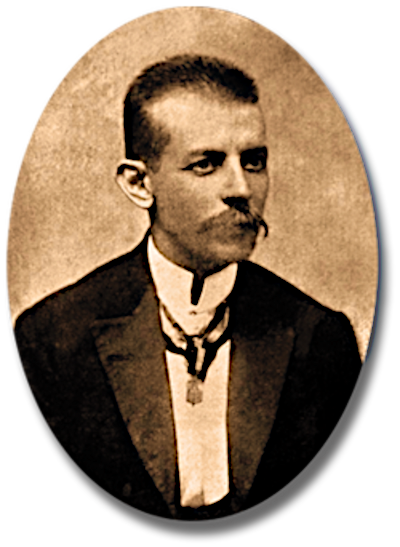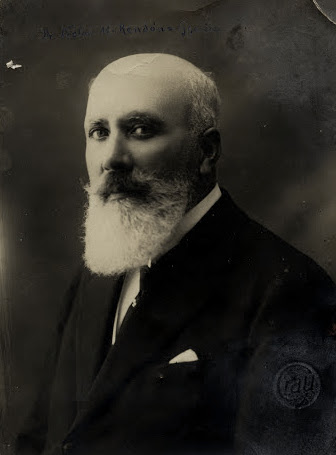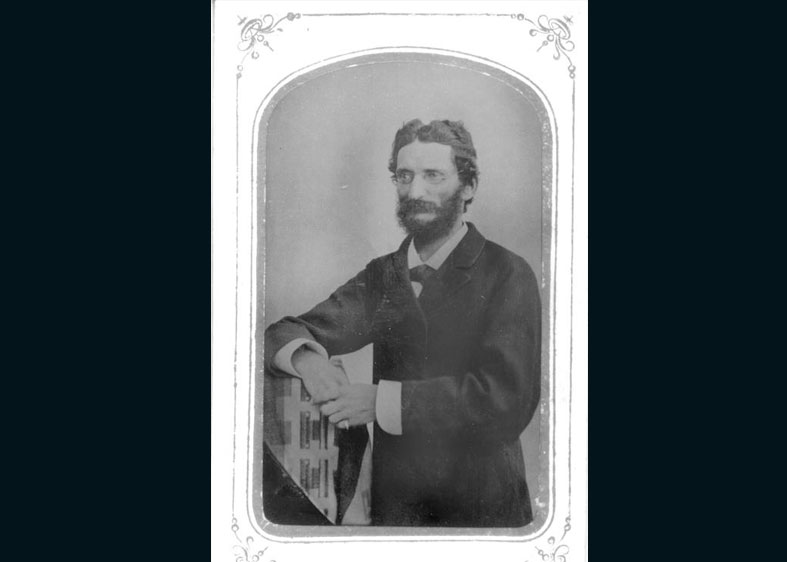José Modesto Espinosa y Espinosa de los Monteros (Quito, December 2, 1833 – December 21, 1915) was an Ecuadorian writer, politician, and founding member of the Ecuadorian Academy of Language. He held several important posts during General José María Urbina’s rule, including State Councilor and Senator for Tungurahua province. He was persecuted for his critical articles against General Ignacio de Veintemilla and served as Minister of the Interior and Foreign Affairs during the Progressive era of Ecuador’s history. He held other ministerial positions and was elected President of the Supreme Court of Justice in 1894. However, after being accused of being a right-wing conspirator by General Eloy Alfaro in 1896, he was exiled from Ecuador. He returned to Quito in 1901 and was elected Senator for the Pichincha province in 1902.
Continue reading “José Modesto Espinosa”Category: 19th Century Writers
General Francisco Javier Salazar
General Francisco Javier Salazar Arboleda (Quito, January 11, 1824 – Guayaquil, September 21, 1891) was an Ecuadorian lawyer, writer, militarist, and politician. He wrote several works of a military, didactic and educational nature, including: “Método de Enseñanza Primaria,” “Pronunciación del Castellano en el Ecuador,” and “Instrucción de Esgrima a la Bayoneta,” to name a few. He was a founding member of the Ecuadorian Academy of Language, as well as a member of the National Scientific and Literary Academy of Quito, the Royal Society of London, the Lima Athenaeum, the Academy of History of Madrid, and the Seville Royal Academy of Literature, among others.
Continue reading “General Francisco Javier Salazar”Mercedes G. de Moscoso
Mercedes G. de Moscoso, born Mercedes González Tola, also known by the pen name Rosa del Valle (Guayaquil, October 12, 1860 – October 23, 1911) was an Ecuadorian poet, playwright, activist and feminist. She is known as the greatest exponent of Ecuador’s second romanticism, she was notable for her poetry and plays. The majority of her poetry is contained in the books, Cantos del Hogar (1909) and Rosas de Otoño (1911). She wrote three plays, Abuela (1903), Martirio sin culpa (1905), and Nobleza (unpublished). In 1905 she collaborated with Zoila Ugarte and Dolores Sucre in La Mujer, the first feminist and suffragette magazine in Ecuador. Her brother was the poet Nicolás Augusto González.
Continue reading “Mercedes G. de Moscoso”Dolores Sucre
Dolores Sucre y Lavayen (Guayaquil, November 1837 – Guayaquil, June 5, 1917) was a writer, poet, and a descendant of South American independence leader Antonio José de Sucre (1795-1830). In 1883, she recited her poems at the Centenary of the Liberator’s Birth and the inauguration of the statues of Simón Bolívar and Vicente Rocafuerte. On December 9, 1905, Ms. María Sánchez Urbina presented her with the Golden Lyre at the Olmedo Theater in Guayaquil, and the poet Numa Pompilio Llona dedicated a sonnet to her entitled “A Dolores Sucre,” to which Dolores modestly recited her poem “Mi Gratitud.” Her prolific literary work was published in Ecuador’s main newspapers and magazines, and she was admired in Peru by literary personalities such as Ricardo Palma, Carlos G. Amézaga, Teobaldo Corpancho, and Clorinda Mattos de Turner.
Continue reading “Dolores Sucre”Augusto N. Martínez
Augusto Nicolás Martínez Holguín, aka Augusto N. Martínez (Ambato, March 25, 1860 – March 19, 1946) was an Ecuadorian volcanologist, geologist, agronomist, scientific explorer, historian, writer, translator, and educator. His works contributed to the geological knowledge of the volcanic region in Ecuador. They include: “Crónica de los fenomenos volcánicos y terremotos en el Ecuador” [Chronicle of the Volcanic Phenomena and Earthquakes in Ecuador] (1896), “Algunas montañas volcánicas” [Some Volcanic Mountains] (1905), and “Vulcanologia y geología de los Andes ecuatorianos” [Volcanology and Geology of the Ecuadorian Andes] (1905). He also left a great legacy of photographs of the volcanoes he visited, which later were a great help to other climbers. His other works include themes such as science, history, scientific research, and exploration. He was a corresponding member of the National Academy of History, the Deutsche Gesellschaft für Geowissenschaften [German Geological Society], and the Société astronomique de France [French Astronomical Society]. He was fluent in English, French, and German, as well as his native Spanish. He translated several works from German and French into Spanish, particularly the valuable writings of his mentor Father Luis Dressel, with whom he ascended to some mountains and volcanoes in Ecuador. In 1920, he was honored by the French Academy of Sciences for his work.
Continue reading “Augusto N. Martínez”Anacarsis Martínez
Anacarsis Martínez (Ambato, Tungurahua, July 16, 1862 – March 27, 1930) was an Ecuadorian politician, satirist, writer, publisher, and editor. His first political writings were published in the newspaper “El Combate” alongside Juan Benigno Vela and Celiano Monge. Then, in 1887, he founded and became the editor of “La Avispa,” a political-satirical newspaper. His writings were mainly published in Trajano Mera’s “Revista Ecuatoriana” and in “Revista Guayaquil,” where he published his acclaimed article “Las ilusiones de un gamonal.” He also wrote the short novel “El desfalco.” In 1911, he served as Governor of Tungurahua. He was the older brother of the writers Augusto N. Martinez and Luis A. Martinez.
Continue reading “Anacarsis Martínez”Francisco Martínez Aguirre
Dr. Francisco Martínez Aguirre (Baba, Ecuador, January 6, 1850 – February 8th 1917) was an Ecuadorian physician, medical professor, statesman, journalist, publisher, editor, caricaturist, and poet. He received his medical degree from the University of Pennsylvania in the United States in 1871, at the age of 21. During his time in the United States, he also became a Freemason. He held several high-level political positions in Ecuador’s government as well as high-level academic positions in Ecuadorian medical schools throughout his life. He worked as a professor at the Medical School of the Central University of Ecuador from 1878 until 1910. From 1898 and 1907 he served as Dean of the Faculty of Medicine of the University of Guayaquil. On November 7, 1885, he founded the satirical weekly “El Perico,” which called attention to issues of the time through poetry, political cartoons, and humor. The newspaper, whose motto was “Each bird cuts his own quill and proceeds,” quickly became popular, perhaps more so than any other newspaper had before. In 1886, for his role as the publisher/editor of “El Perico,” he was arrested and exiled to Peru. In his later years he became a close collaborator of President Eloy Alfaro. In the two critical years preceding President Eloy Alfaro’s murder (1910 and 1911) he was one of five ministers in Eloy Alfaro’s Cabinet, serving as Minister of Defense. After Eloy Alfaro’s murder, he went into voluntary exile in Chile from 1912-1915.
Continue reading “Francisco Martínez Aguirre”Temístocles José Araúz Rojas
Dr. Temístocles José Araúz Rojas (Machala, October 14, 1871 – ?) was an Ecuadorian doctor, writer, and politician. His best known work is the hymn of El Oro province. He wrote political articles for several newspapers in the country, including El Telégrafo, Diario de Avisos, and El Tiempo. He served as governor of El Oro province and then senator for 9 years.
Continue reading “Temístocles José Araúz Rojas”Roberto Andrade
Roberto Andrade Rodríguez (October 26, 1850 – October 27, 1938) was a politician, historian, author and polemicist. He was a participant in the assassination plot against President Gabriel Garcia Moreno. On August 6, 1875, Garcia Moreno was beaten with a machete while three or four others shot revolvers at him. Andrade landed a deadly shot to Moreno’s forehead. Throughout his life Andrade was persecuted for his polemicist essays and political ideology. “Pacho Villamar,” his semi-autobiographical work from 1910, is widely considered Ecuador’s first political novel.
Continue reading “Roberto Andrade”Vicente Rocafuerte
Vicente Rocafuerte Bejarano (Guayaquil, May 1, 1783 – Lima, Peru, May 16, 1847) was an independence leader, statesman, diplomat, politician and writer. He was born into wealth and was educated in Spain. He returned to Ecuador in 1807 and was instrumental in freeing the country from Spain and, subsequently, from Gran Colombia. He served in the National Congress, as governor of Guayas Province, and as the second president of Ecuador (from 1834 to 1839). Rocafuerte’s writings on political systems, social reform, religious toleration, and economic development had significant influence on liberals in several Spanish American nations. Several schools and various awards are named after him, and many statues throughout Ecuador stand in his honor.
Continue reading “Vicente Rocafuerte”Adolfo Hidalgo Nevares
Adolfo Hidalgo Nevares, sometimes spelled Nevarez, (Guayaquil, March 18, 1891 – Quito, 1934) was a doctor, writer and poet. Under the pseudonym Máximo de Bretal he wrote articles for El Guante magazine on topics such as politics, literature and poetry. He also wrote for El Telégrafo of Guayaquil and El Universitario of Quito. In 1920 he was appointed Deputy of Guayas. In 1925 he became a professor at the University of Guayaquil’s new Dentistry and Veterinary schools, and in 1926 he was named Minister of Public Education. He led a bohemian life and had an on and off again addiction to morphine which he sometimes used in the company of some of the members of the Decapitated Generation, a group of young Ecuadorian poets who died young by suicide. He too died by suicide in 1934, at the age of 43.
Continue reading “Adolfo Hidalgo Nevares”Nicolás Augusto González
Nicolás Augusto González Tola, also N.A. González (Guayaquil, April 14, 1858 – Buenos Aires, Argentina, January 18, 1918) was an Ecuadorian writer, playwright, novelist, journalist, poet, historian and diplomat. His plays in verse are among his best known works, which include, “Hojas secas,” “Entre el amor y el honor,” and “Amor y Patria,” which he co-wrote with Alfredo Baquerizo Moreno (President of Ecuador from 1916-1920). “Cuestión Histórica, el Asesinato del Gran Mariscal Ayacucho,” (written between 1887 and 1889), is perhaps his most important and controversial work, in which he accuses General Juan José Flores of being behind the assassination of Antonio José de Sucre, prompting hatred and persecution from Flores’ son Antonio Flores Jijón (President of Ecuador from 1888-1892). Due to his political views and polemic writing he was exiled to other countries, such as Peru, Colombia, Guatemala and Spain. From 1908-1913 he lived in Spain as a diplomat, and published there his poetry book, “Humo y cenizas” (1908) and his novel “La Llaga” (1908). He returned to Guayaquil in 1917 where a special committee chaired by José Luis Tamayo (President of Ecuador from 1920-1924) awarded him the “Golden Lyre”.
Continue reading “Nicolás Augusto González”Camilo Destruge
Camilo Destruge Illingworth (Guayaquil, October 20, 1863 – February 26, 1929) was an Ecuadorian historian, journalist and chronicler. In 1879 he founded the industrial museum known today as the Municipal Museum of Guayaquil, and directed it for 17 years. He authored numerous historical episodes, biographies and texts, such as La entrevista de Bolívar y San Martín (1918). He wrote for various newspapers, such as El Telégrafo, Diario de Avisos, Los Andes, Guayaquil Artístico, and La Nación. He also created and operated newspapers, held public office, was a volunteer firefighter and was a primary school teacher. He was a member of the National Academy of History and also received a decoration from the government of Venezuela. He was declared “Emeritus Chronicler of Guayaquil.” An institution of historical studies, a school, and a street bear his name in Guayaquil.
Continue reading “Camilo Destruge”Víctor Manuel Rendón
Víctor Manuel Rendón Pérez (Guayaquil, December 5, 1859 – Guayaquil, October 9, 1940) was an Ecuadorian writer, poet, novelist, playwright, biographer, translator, doctor, diplomat, pianist and composer. He wrote the novel “Lorenzo Cilda” in 1906 in French. His own Spanish translation of the book got him accepted to the Ecuadorian Academy of Language in 1921. The book also earned him a Gold Medal from L’Académie française on April 3, 1925. He translated many works from Spanish to French, including a 1904 translation of the poetry of Jose Joaquin de Olmedo. He also wrote a biography about Olmedo in French titled: Olmedo homme d’ etat et poete americain, chantre de Bolívar. He spoke 4 languages, and wrote over 40 books in Spanish and French, which were published in France, Spain, Belgium, Italy, Portugal and Ecuador. He was nominated for the Nobel Prize in Literature in 1935 by Celiano Monge, the secretary of the Ecuadorian Academy of Language, but did not win. On two separate occasions he rejected the Presidential nomination of Ecuador.
Continue reading “Víctor Manuel Rendón”Quintiliano Sánchez
Quintiliano Sánchez Rendón (Quito, April 13, 1848 – Ibidem, July 24, 1925) was a prominent literary figure in Ecuador, known for his contributions as a poet, novelist, journalist, translator, grammarian, and educator. His critical stance against the government of General Ignacio de Veintemilla, his directorship of the Ecuadorian Academy of Language, and his dedication to literature and education left a lasting impact. Through his captivating works, such as the novel “Amar con desobediencia,” his notable poetry like “Oda al Chimborazo,” and his translations of Latin classics, Sánchez Rendón demonstrated his artistic talent and linguistic prowess. His involvement in journalism and the founding of newspapers, along with his role as an influential teacher, further exemplified his multifaceted influence in shaping Ecuadorian literature and intellectual discourse.
Continue reading “Quintiliano Sánchez”
